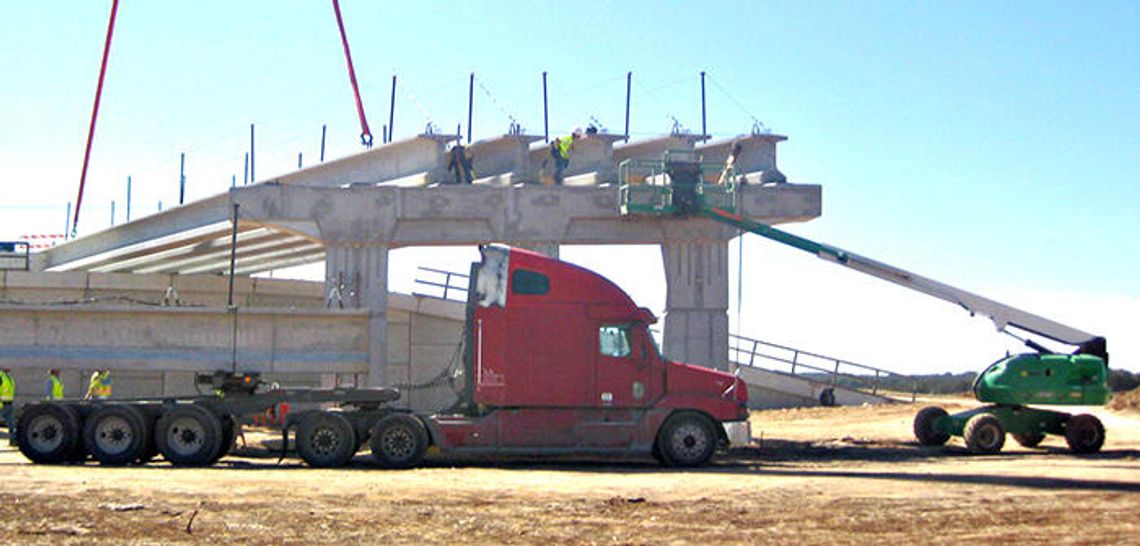A lawsuit against the State Highway 45 Southwest (SW) toll road is now heading to an appellate court.
Earlier this month, the Save our Springs Alliance (SOS), an Austin-based group that has fought the construction of SH 45 SW, filed an appeal to a 2016 ruling that dismissed its litigation and allowed the project to proceed.
SH 45 SW, a four-lane toll road that will bridge MoPac in Austin and FM 1626 near the Hays and Travis county lines, is currently under construction.
The new highway is a toll road that aims to alleviate traffic congestion on neighborhood streets of Manchaca Road, Slaughter Lane and Brodie Lane, giving an alternate route to and from Austin.
However, the construction of the highway, which is now halfway complete, has been the subject of an ongoing lawsuit that is currently awaiting oral argument at the United States Fifth Circuit Court of Appeals.
SOS filed a lawsuit on the grounds that the SH 45 SW project violates the National Environmental Policy Act of 2016 (NEPA).
“Although we did not win at the District Court, Save Our Springs’ participation has resulted in more robust environmental water quality measures,” said Kelly Davis, staff attorney at the Save Our Springs Alliance. “The project is under a microscope and that vigilant effort is a victory for us.”
The oral argument at the court of appeals will commence in early June, and construction of the highway is scheduled to open in summer 2019.
Steve Pustelnyk, director of community relations for the Central Texas Regional Mobility Authority (CTRMA), said the project has proceeded with environmental caution.
Currently, a significant portion of the corridor is paved and a final layer of pavement still needs to be applied, Pustelnyk said. Most of the Bear Creek Bridge is complete and the remaining beams and caps with be put up in the next few weeks.
Bear Creek, which is a recharge zone for the Edwards Aquifer, is a main point of concern for Save Our Springs, as any contamination to the creek could affect the Edwards Aquifer.
This issue has been alleviated with the construction of a bridge over Bear Creek after environmental studies were conducted by the Texas Department of Transportation (TxDOT).
Although the legal process could continue into the final days of the project, Davis said an appeal of the project could set a precedent for other roadway expansions along aquifer recharge zones.
“The Fifth Circuit could decide that the agencies did not comply with NEPA, halting construction,” Davis said. “Most of the solutions, since we lost at the district level, is to advocate for making 130 free so it could act as congestion relief for Austin.”
Highway 45 is set to open as a toll road, and Davis said she fears it will not help congestion going into Austin, as people will have to pay to access the road.
“When a new highway like this is built, it will lead to secondary developments in the area,” Davis said. “This could in turn negate the effects of traffic congestion if new residential developments are built.”
Pustelnyk said the project is on track to open on schedule and measures are being taken to see if the process can be sped up, in compliance with environmental and construction standards.










